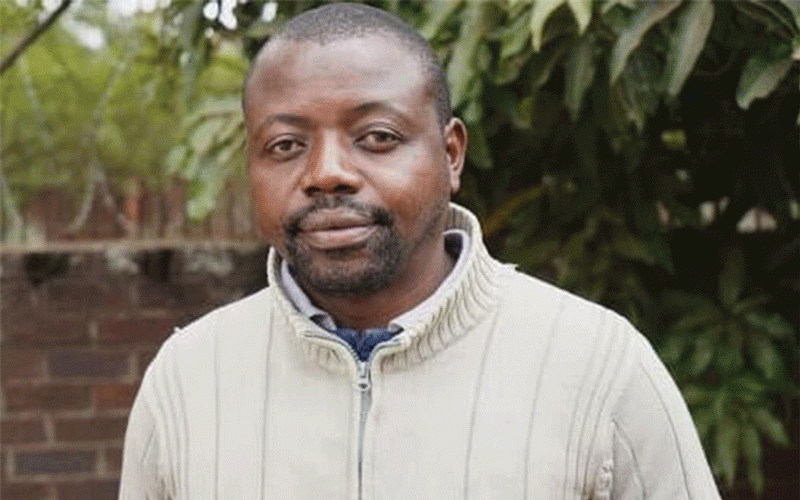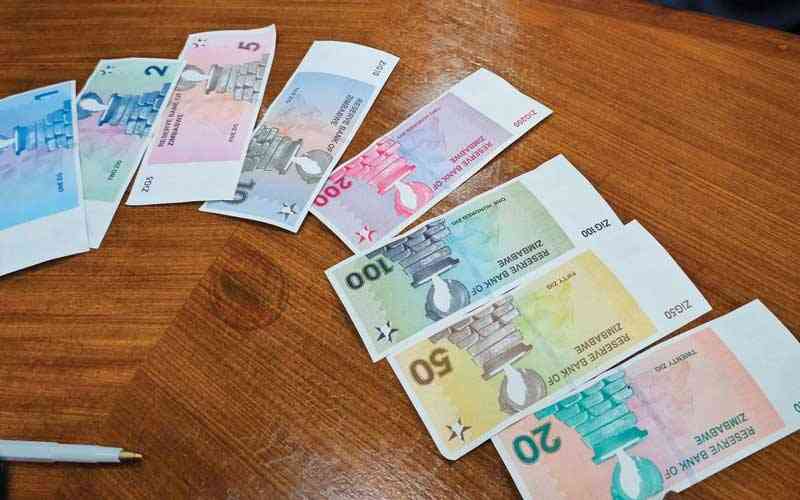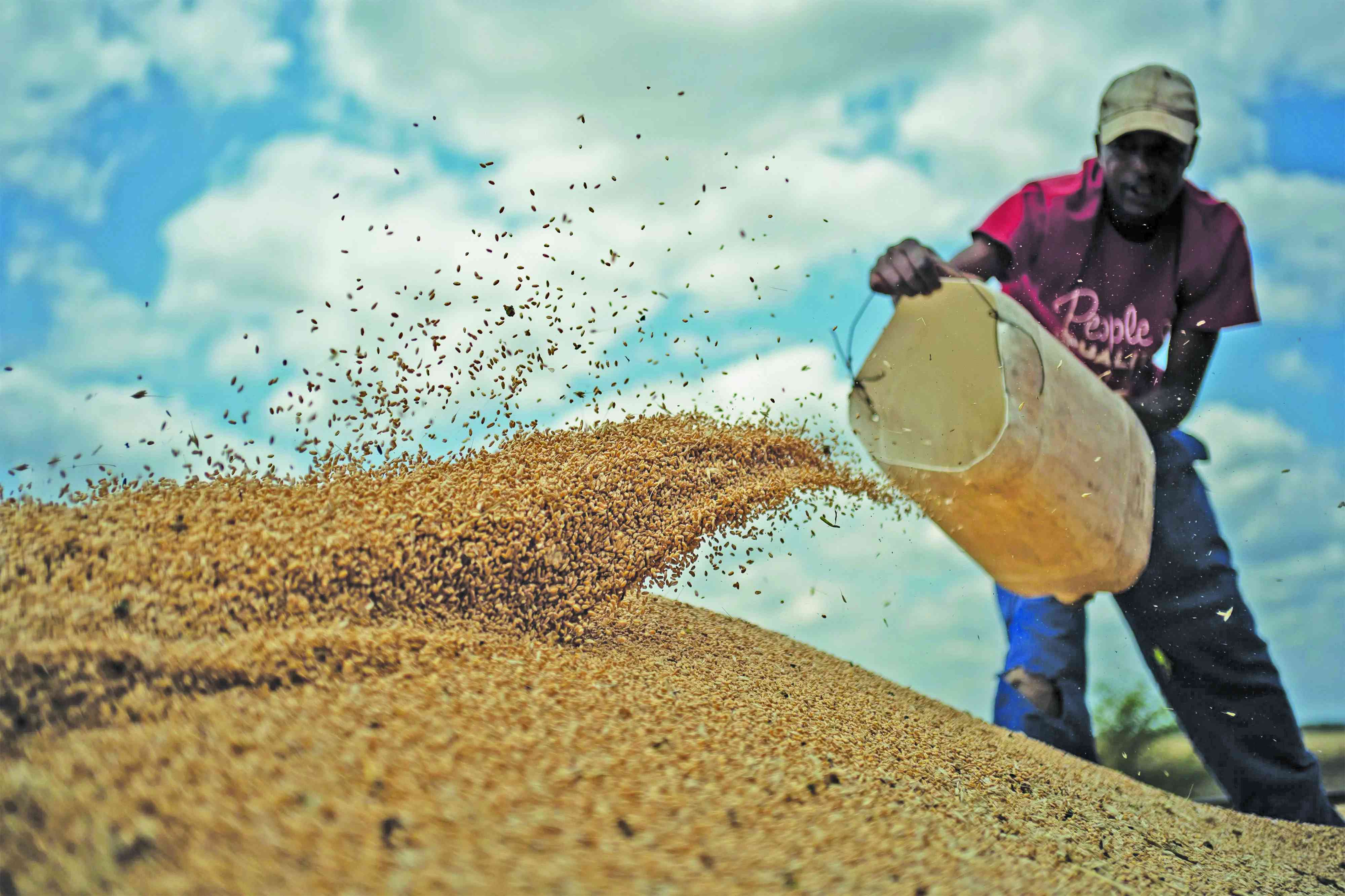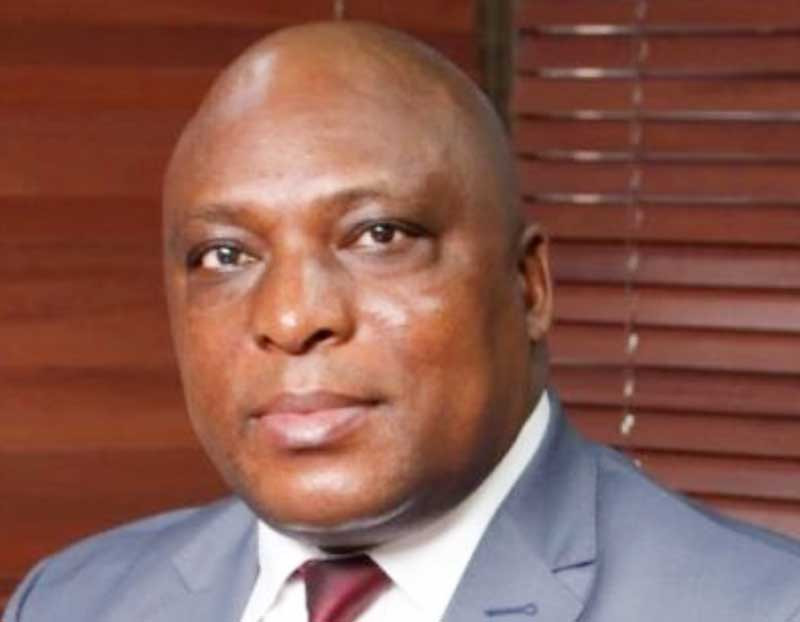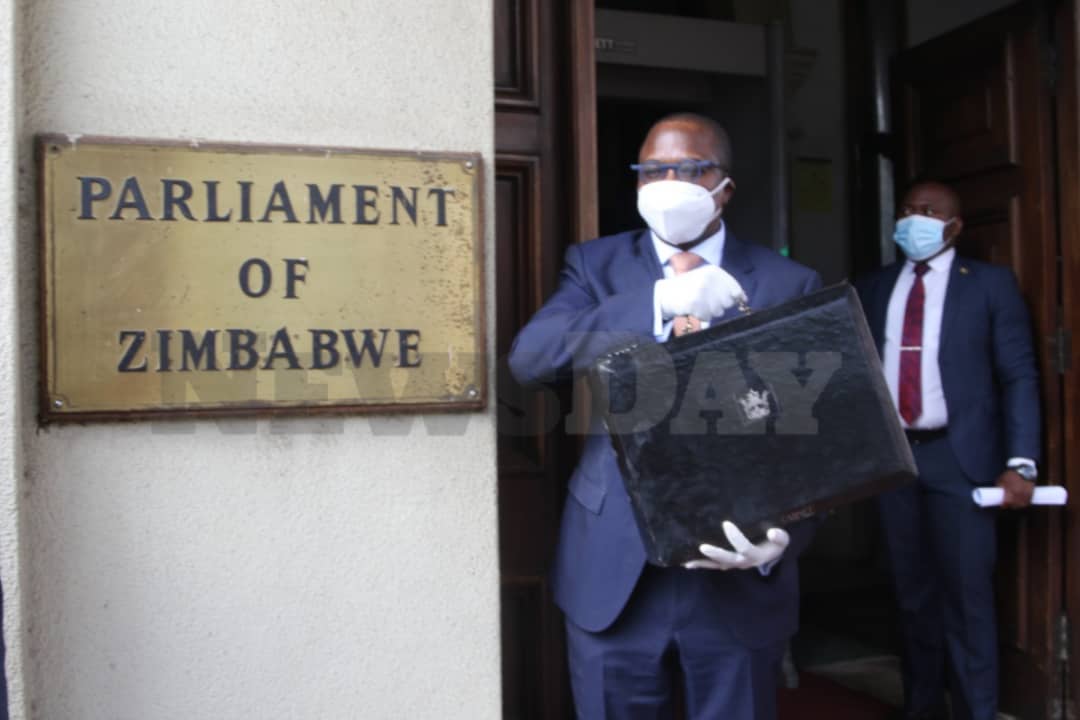
AHEAD of the 2022 national budget, various experts implored Finance minister Mthuli Ncube to take decisive action and address growing poverty in Zimbabwe.
The country’s situation is unique — shocking levels of poverty and starvation usually associated with Africa’s rural poor, have hit households in urban areas, most of whom are living on one or no meal a day.
The unemployment situation has spiralled out of control and incomes for the 1,8 million remaining formally employed individuals are being shared among extended families, making life difficult for working-class Zimbabweans.
That is why economists and organisations like the Confederation of Zimbabwe Retailers called for a significant improvement to the tax-free threshold to increase workers’ spending power.
The economy has been volatile for many months, prices have been increasing and the black market rate has been galloping, eroding earnings.
An income tax threshold of between $40 000 and $50 000 suggested by economists would have ameliorated suffering in the short-term.
But Ncube stuck at $25 000, which falls far short of the family basket, which is now estimated at $37 000.
It is important to note that some of these suggestions were made way back in July, and if a new poll was to be carried out today, the same experts would suggest a much higher threshold.
- Chamisa under fire over US$120K donation
- Mavhunga puts DeMbare into Chibuku quarterfinals
- Pension funds bet on Cabora Bassa oilfields
- Councils defy govt fire tender directive
Keep Reading
This is because inflation has risen and currency shortages have seen black market rates shooting through the roof.
Workers buy US dollars from this market before going to make purchases on the formal markets, where only US dollars are accepted.
Each daily rate increase means incomes are eroded, a signal of more poverty.
This means even before being paid, ordinary workers earning less than $25 000 would be in deficit.
The problem is, while the cost of living continues to rise, incomes for many remain stagnant.
Most companies are in serious financial problems such that demanding a salary increase is tantamount to trying to extract water from a stone.
Many of them have folded, while the remaining ones are haemorrhaging.
Their woes emanate from the problem that Ncube is reluctant to resolve — lack of spending power.
Improved spending power means more disposable incomes, which stimulate consumption for goods and services and bolster revenues.
A nation lacking disposable incomes never grows, and by sticking to his strategy to protect State revenues, Ncube made a big mistake.
Growth projections for 2022 will remain a mirage in the absence of new strategies to improve consumptive expenditure.
Given the current budget, there is no evidence that government has a solution to this major problem.
Inflation is rising, the currency remains volatile and the exchange rate remains the biggest elephant in the room.
With no interventions introduced in yesterday’s budget to address this problem, Zimbabweans should brace for a bleak 2022.
The end is not nigh.



